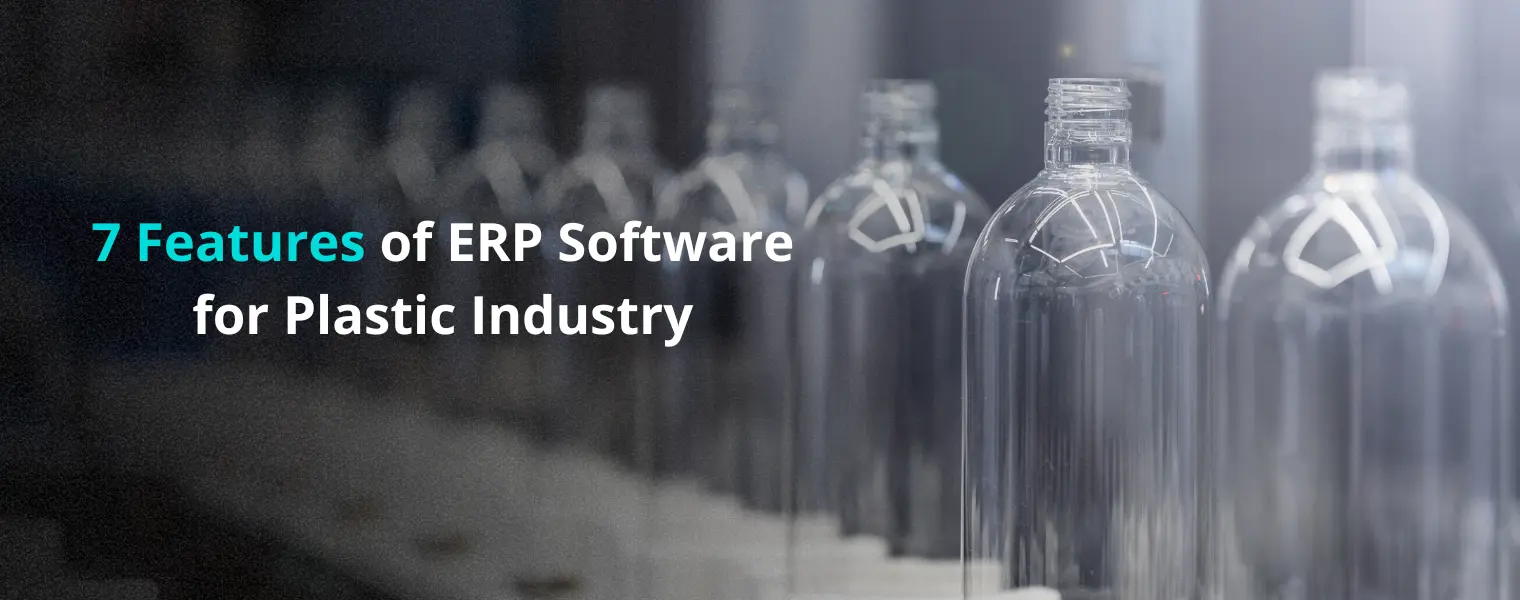
The Internet of Things (IoT) is transforming industries across the world, and the chemical industry is no exception. The chemical industry faces numerous challenges, including production efficiency, product quality, safety, and regulatory compliance. IoT offers a range of benefits that can help the chemical industry address these challenges and enhance its operations. In this blog, we will explore how IoT benefits the chemical industry.
Production planning and scheduling are critical for plastics manufacturing. ERP software for plastic industry must provide features that enable businesses to manage production schedules efficiently. The software should be able to create production plans, schedule jobs, and allocate resources, including machines, personnel, and materials. The software should also allow users to set up different production processes for each product.
Inventory management is a vital feature of any ERP software for plastics industry. The software should provide real-time tracking of inventory levels, including raw materials, work-in-progress, and finished goods. The software should also include features that allow users to manage inventory locations, lot tracking, and expiration dates.
Quality control is essential for the plastic industry, and ERP software should include features that enable businesses to manage quality control processes. The software should provide tools for inspection, testing, and reporting. It should also allow users to set up quality control parameters for each product and track the quality history of each product.
ERP software for plastic industry should have cost control features to help businesses manage costs effectively. The software should provide tools for tracking and analyzing costs associated with raw materials, production, labor, and overhead. The software should also allow users to set up cost standards for each product and compare actual costs to standard costs.
Supply chain management is a critical feature of any ERP software for plastic industry. The software should provide tools for managing suppliers, including tracking orders, managing supplier performance, and monitoring supplier quality. The software should also allow users to manage procurement processes, including purchase orders and invoices.
Compliance management is a vital feature for the plastic industry, where businesses must comply with regulations and reporting requirements. The software should provide tools for managing compliance, including tracking and reporting on regulatory requirements, managing quality control processes, and maintaining certifications.
ERP software for plastic industry should provide robust analytics and reporting features. The software should allow users to analyze production data, inventory data, and quality data to identify trends and opportunities for improvement. The software should also provide reporting tools for compliance, cost control, and supply chain management.
ERP software for plastic industry is a critical tool for managing production, inventory, quality control, cost control, supply chain management, compliance management, and analytics and reporting. Businesses in the plastics industry should carefully evaluate the features of ERP software to ensure they select a system that meets their needs. By implementing the right ERP software, businesses can improve efficiency, productivity, and profitability, and stay ahead of the competition. DoFort provides the Best ERP software for Plastic industry. For more info contact us at info@doforttech.com
Welcome to DoFort !